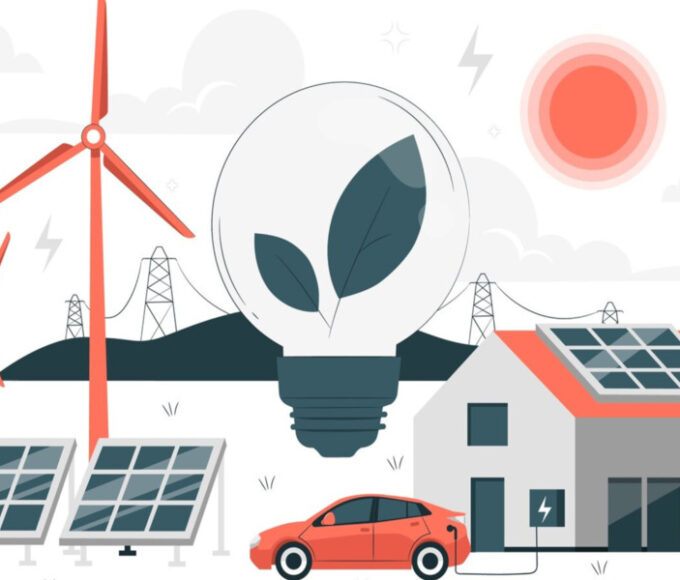Germany Welcomes U.S. Energy Policy Shift
Germany has expressed strong support for the recent shift in U.S. energy policy, which aims to increase domestic oil and gas production while advancing investments in renewable energy. The move aligns with Germany’s efforts to secure reliable energy sources amidst global disruptions and accelerate the transition to clean energy technologies.
A Strategic Shift in Energy Policy
The United States’ recalibrated approach to energy security has drawn global attention, particularly from Germany, which has faced significant energy challenges following its reduced reliance on Russian energy imports. By boosting domestic production and diversifying energy investments, the U.S. seeks to stabilize global markets and ensure a steady supply of energy for its allies.
Germany, as one of Europe’s largest economies, is welcoming this policy change as a step toward stabilizing global energy supplies. The German government views increased U.S. energy production as a way to mitigate short-term energy shortages while supporting long-term climate goals through shared investments in renewable technologies.
Germany’s Energy Transition
Germany has been at the forefront of the global clean energy transition, with ambitious goals to phase out coal and nuclear energy while expanding its renewable energy capacity. However, recent geopolitical tensions and energy crises have exposed vulnerabilities in Germany’s energy infrastructure, prompting a renewed focus on energy security.
The U.S. decision to prioritize both fossil fuels and renewables aligns with Germany’s pragmatic approach to balancing immediate energy needs with sustainability objectives. The two countries have already begun strengthening cooperation through bilateral agreements focused on renewable energy innovation, green hydrogen production, and energy efficiency technologies.
Strengthening Transatlantic Partnerships
The U.S. energy policy shift is expected to deepen transatlantic energy partnerships, with Germany and the European Union poised to benefit from increased energy exports and technology collaboration. Germany has emphasized the importance of working together with the U.S. to stabilize energy markets, diversify supply chains, and accelerate the global clean energy transition.
German officials have highlighted the potential for joint investments in renewable energy infrastructure, including wind, solar, and hydrogen projects. The collaboration could create new economic opportunities, bolster energy security, and reduce dependence on volatile energy suppliers.
A Shared Vision for the Future
Both Germany and the U.S. recognize the urgent need to address climate change while ensuring energy reliability. As the world grapples with rising energy demands and the need for sustainable solutions, the alignment between German and U.S. energy strategies represents a significant step forward in tackling global challenges.
Conclusion: A Win-Win Scenario
Germany’s endorsement of the U.S. energy policy shift reflects a shared commitment to addressing global energy challenges through innovation and cooperation. By combining efforts to stabilize energy markets and invest in sustainable technologies, both nations are paving the way for a secure and greener energy future. This strengthened partnership signals a win-win scenario for economic growth, environmental stewardship, and global energy resilience.
Visit Latest Interviews
Recent Posts
Related Articles
Why You Should Think About Your Domain Extension Before You Think About The Name?
Think of your domain extension like a surname—it wraps up your web...
ByGlobal Leaders ViewAugust 19, 2025Germany’s ‘Energiewende’ Initiative: A Vision for a Sustainable Future
Germany’s ambitious energy transition, known as the Energiewende, aims to shift the...
ByGlobal Leaders ViewJanuary 27, 2025Global Platform on Sustainable Cities Established
In a groundbreaking move toward addressing the challenges of urbanization and climate...
ByGlobal Leaders ViewJanuary 27, 2025Singapore’s Green Urbanism Initiatives
Singapore, known for its modern skyline and bustling urban environment, is also...
ByGlobal Leaders ViewJanuary 27, 2025













Leave a comment